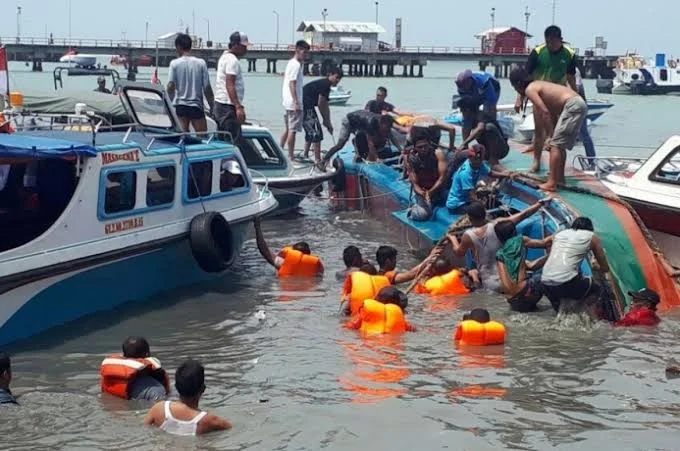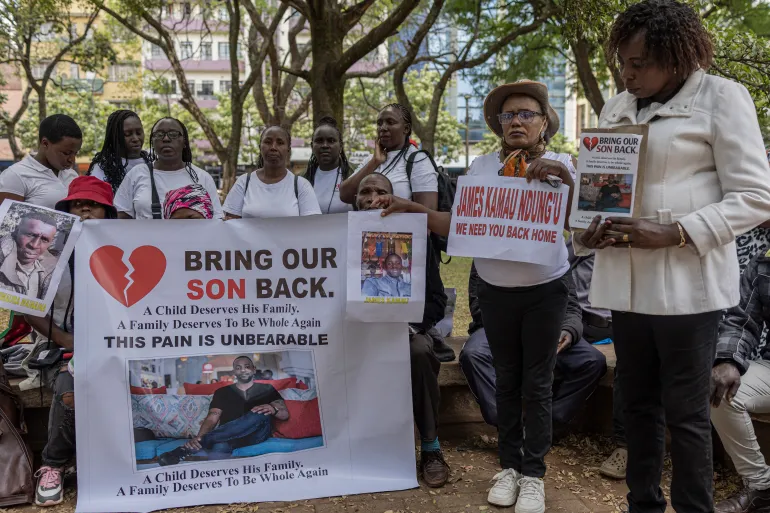Eight people have been confirmed dead, and about 100 others are missing after an overloaded boat capsized in north-central Nigeria, emergency services reported on Tuesday.
This incident is the latest in a series of tragic boat accidents, highlighting ongoing problems with regulations.
The passengers were traveling from Borgu district in Niger state to a market in neighboring Kebbi state on Monday afternoon when the boat overturned in the Niger River, according to Ibrahim Audu, a spokesperson for the Niger State Emergency Management Agency.
“The boat was overloaded, and strong winds affected it,” Audu explained.
He mentioned that the boat was designed to carry 100 passengers, but it was estimated to be holding a much larger number, along with bags of grain, making it hard to control when it started to sink.
Villagers, along with local divers and emergency officials, are helping to search for the missing passengers, many of whom are women. Audu could not confirm how many people survived.
Boat accidents are becoming more common in remote areas of Nigeria, where locals often overcrowd small boats to transport their farm goods to markets due to the lack of good roads.
While the exact number of deaths from these accidents is unknown, there have been at least five incidents involving around 100 passengers each in the past seven months.
Previous accidents have often been blamed on overloading, the poor condition of the boats, or obstacles in the water. However, safety measures announced by authorities, such as providing life jackets or enforcing regulations, are rarely implemented.
Despite the frequent tragedies, effective safety measures have not been widely enforced. The lack of proper oversight and infrastructure in these remote communities often forces people to take risky journeys on unsafe boats.
Local authorities have made promises in the past to improve safety on waterways, such as supplying life jackets and ensuring that boats are not overloaded. However, these measures are often not put into action, leaving passengers vulnerable to accidents.
The repeated boat disasters underline the urgent need for stronger regulations and better enforcement to prevent further loss of life. Until these changes are made, the communities that rely on these boats for transportation will continue to face dangerous conditions.























